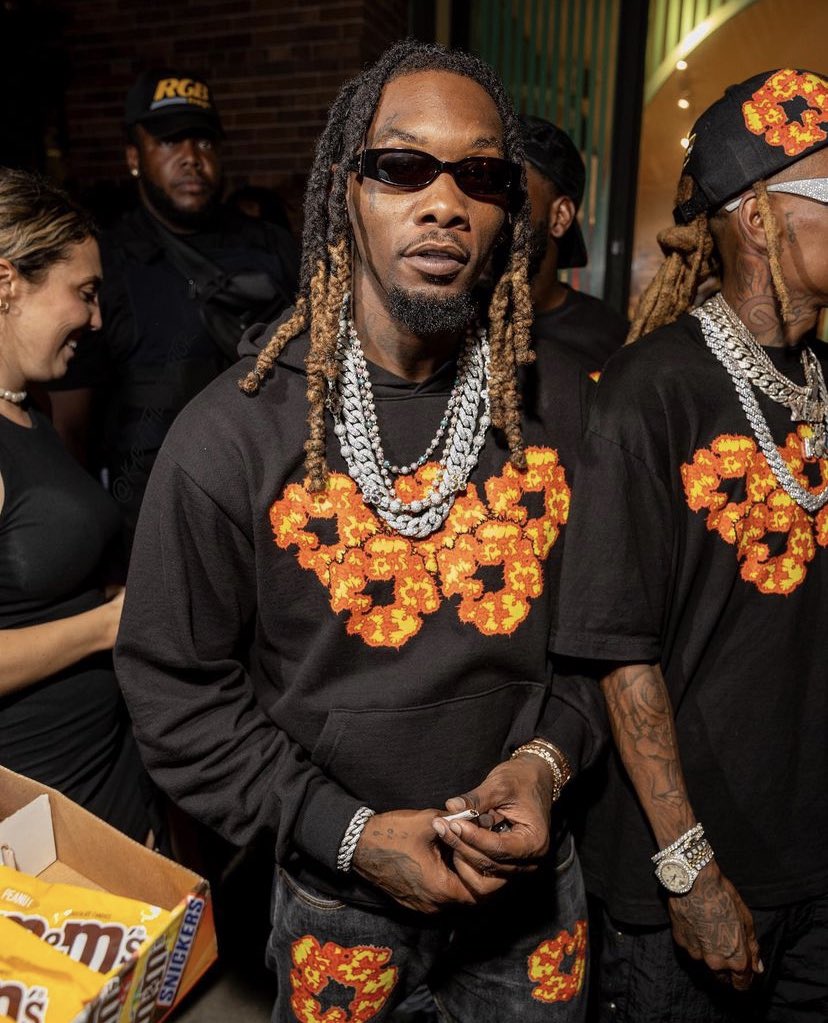The World Health Organization (WHO) has recently taken a significant step by authorizing the first monkeypox vaccine for children. This development is crucial in the ongoing battle against the virus, particularly as it continues to spread in various regions, including parts of Africa. This authorization is aimed at protecting children, one of the most vulnerable groups, from the debilitating effects of the disease.
Monkeypox, caused by the monkeypox virus, is a zoonotic infection that presents with symptoms similar to those of smallpox, including fever, rash, and painful lesions. Children are particularly at risk due to their developing immune systems, making them more susceptible to severe outcomes. The recent outbreaks have underscored the urgent need for a targeted immunization strategy to curb the spread among this demographic.
The journey to develop an effective monkeypox vaccine has been fraught with scientific and logistical challenges. One of the primary hurdles has been the lack of comprehensive data on the vaccine’s safety and efficacy in children and other specific groups such as pregnant women. Conducting clinical trials in these populations requires meticulous planning and adherence to strict ethical standards, which can prolong the research timeline.
Moreover, the monkeypox virus exhibits a notable capacity for genetic variation, which complicates the development of a universal vaccine. The virus spreads through close contact, including skin-to-skin contact, making it challenging to contain outbreaks. Researchers are in a constant race to understand these mutations and their implications for vaccine design and effectiveness.
Despite these obstacles, significant progress has been made in the field of monkeypox vaccine research. Various vaccine candidates have demonstrated promising results in preclinical and clinical trials, offering hope for broader immunization strategies. Collaborative efforts among international health organizations, governments, and research institutions have been pivotal in advancing these developments.
In addition to vaccine research, other strategies are being explored to combat monkeypox. Public health measures such as contact tracing, quarantine, and enhanced hygiene practices are essential components of the response to monkeypox outbreaks. Education campaigns aimed at raising awareness about the disease and its modes of transmission play a crucial role in preventing the spread of the virus.
Antiviral medications are currently under investigation as potential treatments for monkeypox. Researchers are rigorously exploring the efficacy of existing antiviral drugs against the monkeypox virus, while simultaneously developing new therapeutics specifically designed to target the virus. Complementing these efforts are advanced diagnostic tools, including monkeypox detection kits, which play a pivotal role in the early identification and isolation of cases. These tools enable rapid diagnosis, thereby significantly limiting further transmission and aiding in the effective containment of outbreaks.
The WHO’s approval of the first monkeypox vaccine for children represents a critical advancement in public health. It underscores the importance of innovative approaches to vaccine development, including the use of advanced biotechnological methods and the establishment of robust clinical trial frameworks. These efforts are essential to ensure that vaccines are safe, effective, and accessible to those who need them most.
Standardized study designs and consistent data collection methods are crucial in generating reliable evidence on the vaccine’s performance. The WHO advocates for the use of such methodologies to fill the existing knowledge gaps and support informed decision-making in public health policy. Additionally, innovative strategies like dose-sparing techniques and randomized trials are being explored to enhance the efficacy and reach of vaccination programs.
In conclusion, the authorization of the first monkeypox vaccine for children is a significant milestone in the ongoing effort to combat the virus. It highlights the resilience and dedication of the scientific community in addressing complex public health challenges. While the journey of monkeypox vaccine research is ongoing, each step forward brings us closer to protecting vulnerable populations and achieving a healthier future. The comprehensive approach involving vaccines, antiviral treatments, public health measures, and educational campaigns is vital to overcoming the threat posed by monkeypox.
Also Read
- ► Innovative Macrophage-Based Strategies for Enhancing Anti-Tumor Immunity in Liver Cancer
- ► Understanding Immune Checkpoints: How Cosibelimab-ipdl Enhances Cancer Treatment
- ► Straight Wigs for a Professional Look: Style Tips for Work
- ► Why People Prefer Home Inspection in Passaic County in 2025
- ► Resplendent Innovations: Next Generation Batteries Illuminate the Brazilian Market
- ► Powering the Future: The Rise of Global Hybrid Batteries
- ► Atlanta Limousine Service for Concerts and Events
- ► MLS Toronto: Your Ultimate Guide to Finding Your Dream Home
- ► Chin Chin: A Crunchy Delight from the Heart of West Africa
- ► Your Guide to Finding the Best Roofers in Houston: Top Roofing Companies You Can Trust
- ► Indian Visa for Slovenia Citizens: A Comprehensive Guide
- ► Types of Construction Scheduling Software
- ► Everything You Need to Know About Indian Visa for Myanmar Citizens
- ► Everything You Need to Know About Indian Visa for Malawi Citizens
- ► Turkey Visa for Mexican Citizens: Everything You Need to Know





